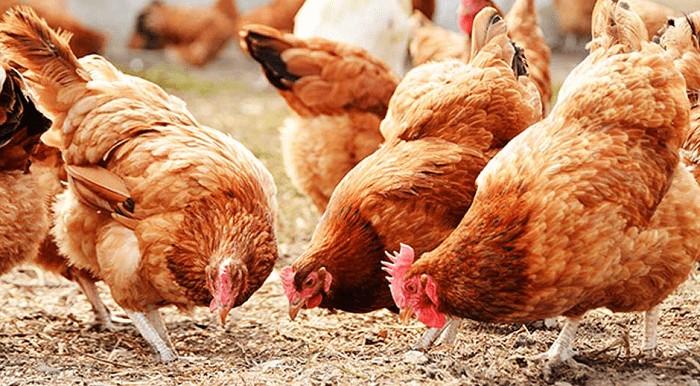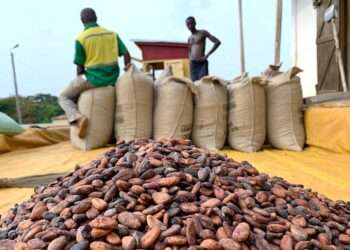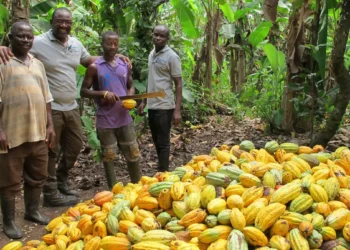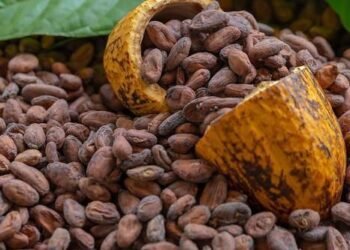The Ghana National Association of Poultry Farmers (GNAPF) has underscored the urgent need for a $100 million capital injection to rejuvenate the country’s poultry industry.
Highlighting the importance of modern technology and services such as hatchery, feed production, processing, and marketing, the association emphasizes the pivotal role of the poultry sector in contributing to Ghana’s economy.
Ata day’s event focused on optimizing the poultry value chain in Ghana, Mr. Victor Oppong Adjei, President of GNAPF, highlighted the sector’s significant contributions to the economy. However, he also pointed out pressing challenges, including high feed costs, inadequate day-old chicks, and limited infrastructure.
Mr. Adjei noted that feed costs had skyrocketed from GHC 1500 to GHC 7,000 due to rising prices of main ingredients, exacerbated by the impacts of the COVID-19 pandemic.
To overcome these challenges and revitalize the poultry sector, GNAPF advocated for a substantial investment of $100 million. This capital injection would enable the adoption of modern technologies and infrastructure upgrades essential for enhancing productivity and competitiveness within the industry.
By focusing on areas such as hatchery, feed production, processing, and marketing, the investment aims to modernize the poultry value chain and unlock its full potential for growth and development.
Mr. Adjei said that the government should adopt a policy to increase tariffs on imported poultry products or reduce the quantity shipped into the country. “The imported chicken comes in large quantities in excess of 500 metric tonnes. The price is so low and if our local poultry is left to compete with the imported it will be disastrous. We are producing at a very high cost,” he said.
Shining Economic Resilience
Madam Shlomit Sufa, the Israeli Ambassador to Ghana, Liberia and Sierra Leone said the progress of the country’s poultry industry is an example of shining economic resilience.
“Through innovation, technology, and dedication, Israel has transformed its poultry sector into a global leader, contributing significantly to food security and economic growth. The industry stands as a testament to our nation’s capacity to turn challenges into opportunities, leveraging creativity and ingenuity to achieve success against all odds.”
Madam Shlomit Sufa
Madam Sufa noted that the industry ranked among the world’s leading poultry producers and exporters, standing as one of the top five egg producers globally and the sixth-largest chicken producer.
Madam Sufa stated that Israeli advancements spanned various areas: These includes: breeding and genetics, precision farming techniques, biosecurity measures, renewable energy integration, and vertical integration and value chain development, all contributing to the remarkable efficiency of the poultry industry. “As we look to the future, Israel remains committed to fostering partnerships and collaborations that promote shared progress,” she said.
In Ghana, poultry production holds significant economic value, constituting approximately 14 per cent of the agricultural gross domestic product and playing a pivotal role in fostering economic growth and job creation. It serves as a primary source of income for numerous small-scale farmers and entrepreneurs nationwide.
The call for investment comes in the wake of a collaborative effort between the Economic and Trade Mission and GNAPF to address key issues within the poultry industry. The event, themed “Optimizing Ghana’s Poultry Value Chain by Exploring Israeli Poultry Solutions,” aimed to introduce participants to innovative Israeli technologies capable of improving chicken production in Ghana.
By engaging with sector players and exploring mutually beneficial solutions, the event sought to catalyze positive change and drive sustainable growth within the poultry sector.
READ ALSO: Ghana-Cote d’Ivoire Aspire for a Prosperous Cocoa Economy






















